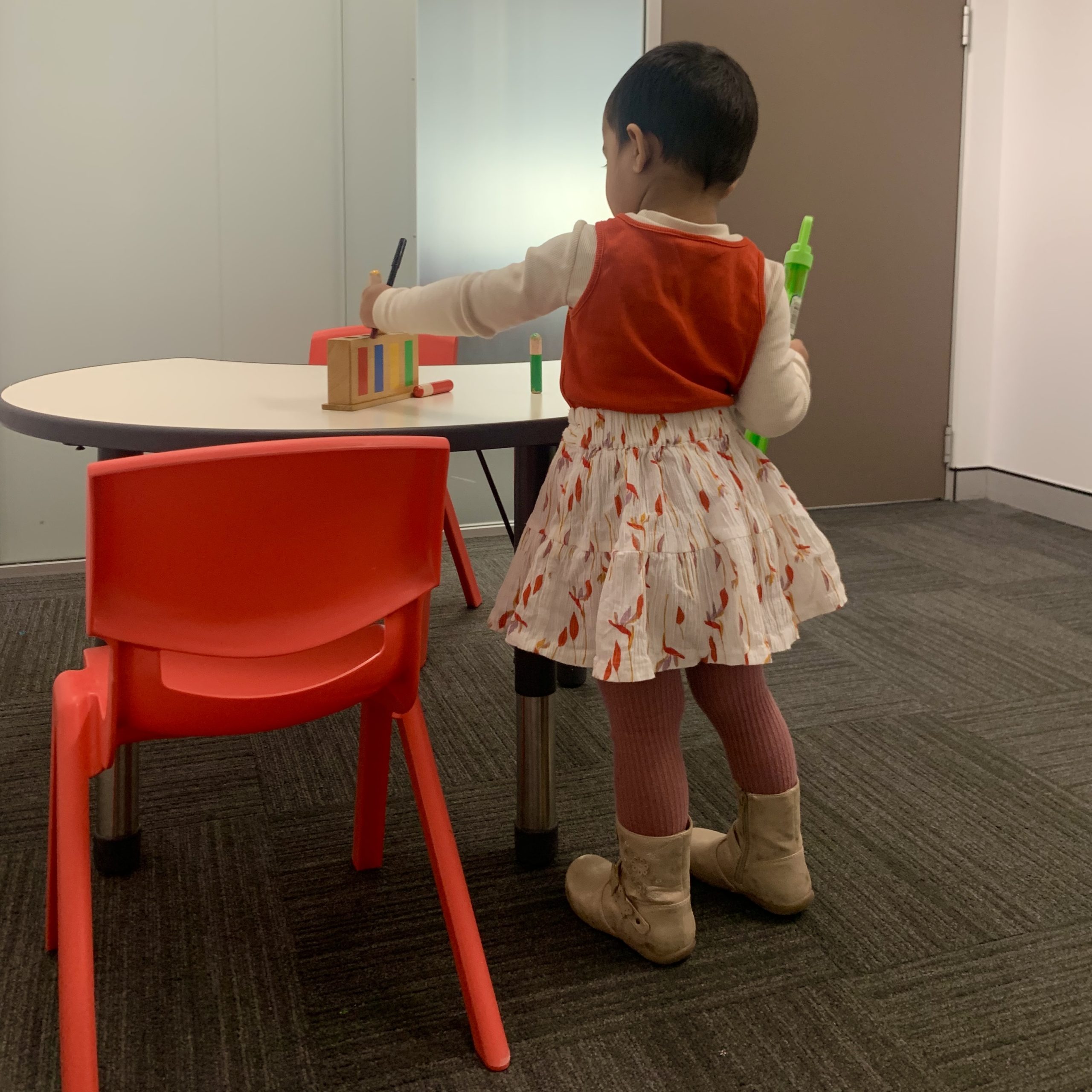
What Does the Research Say About Early Diagnosis?
Research consistently shows that early identification of autism leads to the best outcomes for children and their families. Early intervention results in better language skills, cognitive abilities, and reduced signs of autism. Additionally, research indicates that early intervention can lead to significant cost savings as the child gets older. Let’s look more closely at why we should diagnose autism early.
The Challenge of Addressing Concerns
It’s not easy for parents to open up to others and express concerns about their child’s development. If a friend or family member says, “I am worried about my child and I think something isn’t right here,” it’s important to listen to them. Close family and friends often want to reassure them that everything is okay, but this is not appropriate in settings such as the GP, daycare center, or even a paediatrician’s office. The first five years of life are critical for brain development, especially the first three years. Delaying the diagnosis can be detrimental. Early intervention for children with autism normalizes brain activity and improves social skills in children as young as six months.
Steps to Diagnose Autism Early
Here are ways to support parents to ensure early diagnosis of autism:
- Listen and Acknowledge Concerns: Don’t dismiss the concerns of friends or relatives. Listen to what they have to say. Unless you are knowledgeable about autism, now isn’t the time to reassure the parent that everything will be fine.
- Contact Experienced Professionals: Reach out to professionals who specialize in young children with autism. This can be a developmental paediatrician, a speech pathologist, or a psychologist. We encourage concerned parents to call us because we understand and work with the early red flags that present in young children with autism.
- Seek Assessment from a Specialist: Recommend an assessment with a developmental paediatrician experienced with young children with autism. Unfortunately, the wait for autism assessments can be months or even years. This delay can cause children to miss critical brain development opportunities.
- Utilise Helpful Tools: La Trobe University has developed a fantastic app called ‘ASDdetect’. This free, evidence-based app guides parents through a series of questions about their child’s development. It also provides videos to help parents understand the early features of autism and offers recommendations regarding the need for assessment.
- Consult with Us: If concerns persist, call us. We can observe your child and take a history to determine if an early autism diagnosis is necessary.
Expertise and Individualised Care
At OneOnOne Children’s Therapy, our Certified ESDM Therapists are also Speech Pathologists, Occupational Therapists, and Psychologists. This multidisciplinary expertise allows us to offer the most individualised programs based on professional knowledge, ensuring that each child receives the best possible care tailored to their unique needs. It also allows us to identify young children with autism so we can diagnose autism early.
We’re Here to Support You
At OneOnOne Children’s Therapy, we believe that every child deserves the opportunity to grow and thrive. Our clinics are more than just spaces for therapy—they are places where children can discover their strengths, overcome challenges, and reach their full potential. By combining innovative therapy techniques with a stimulating and supportive environment, we offer a holistic approach to paediatric therapy and early intervention that addresses each child’s unique needs.
Reach Out for Support
If you’re concerned about your child’s development or want to learn more about how ESDM can help your child, OneOnOne Children’s Therapy is here to help. Call our Bondi Junction and Mascot clinics at (02) 80657837 or email us. You can also book a free 30-minute phone call with us to discuss how we can support your child’s unique journey.
Together, we can help your child develop the skills they need to thrive in all areas of their life.
Susan Marden is an Australian Speech Pathologist, Certified ESDM Therapist and Project ImPACT Consultant Trainer with over 35 years of experience in the field of Speech Pathology and autism.
